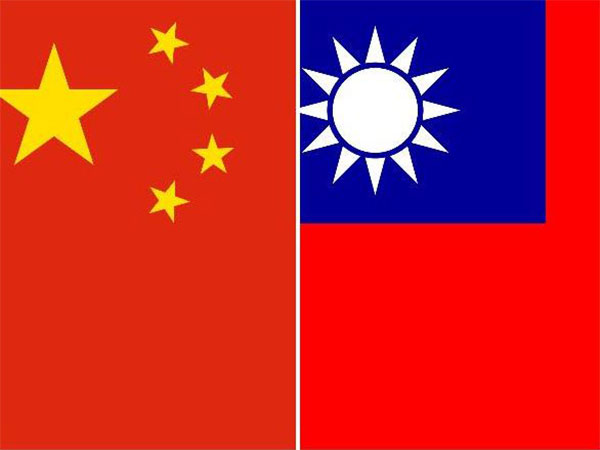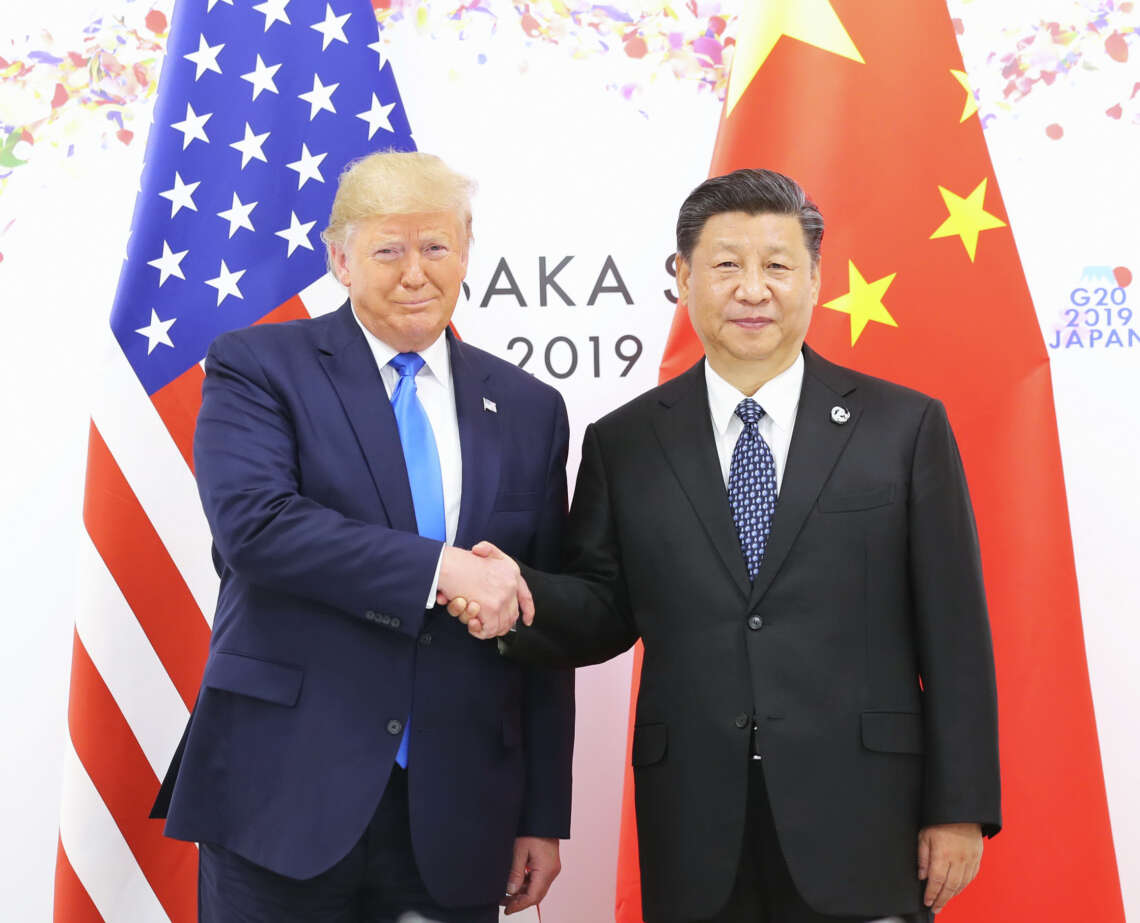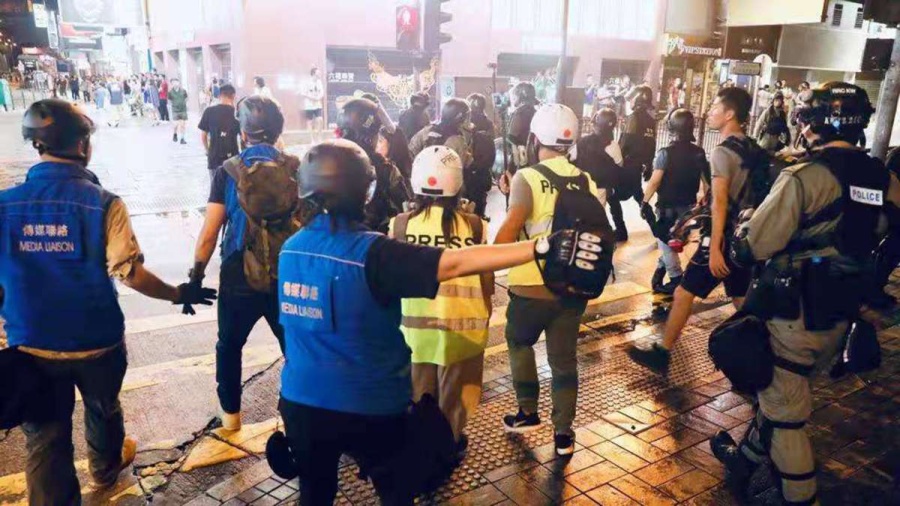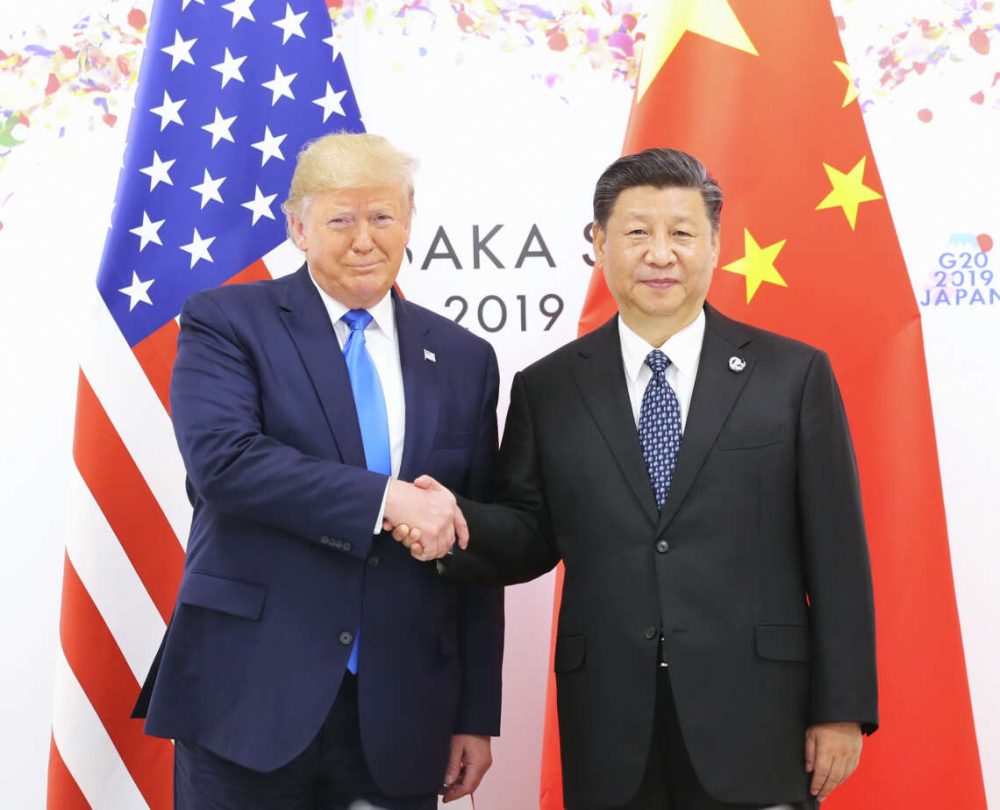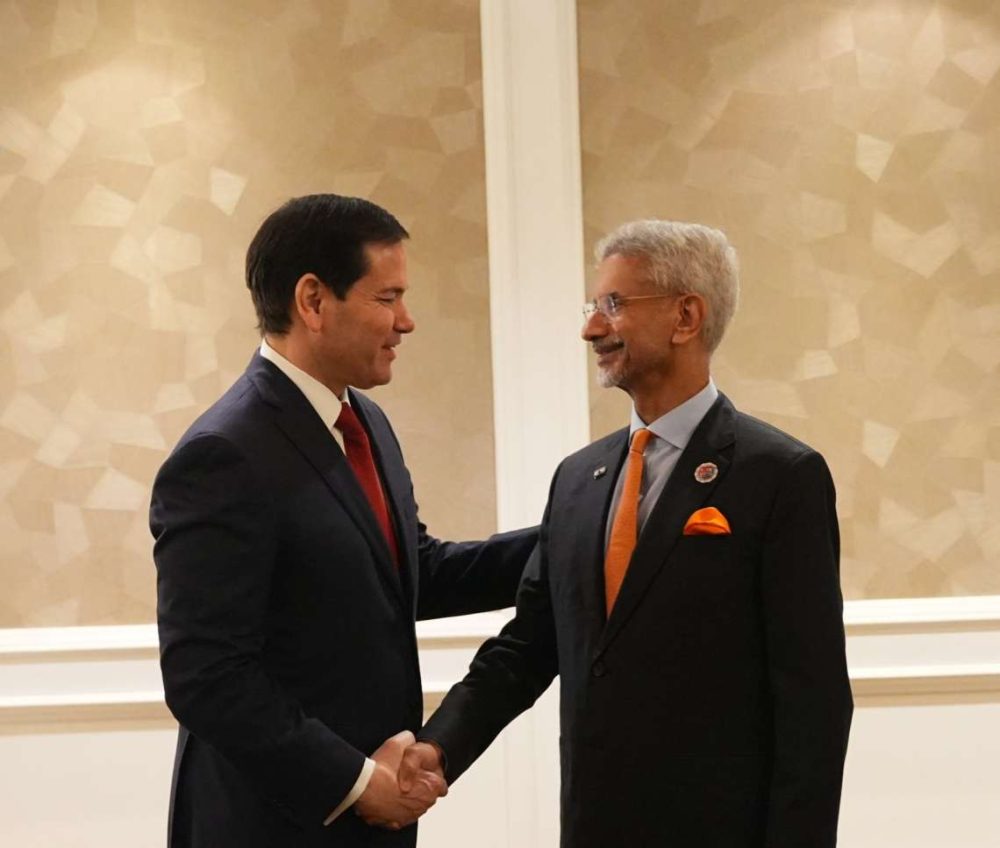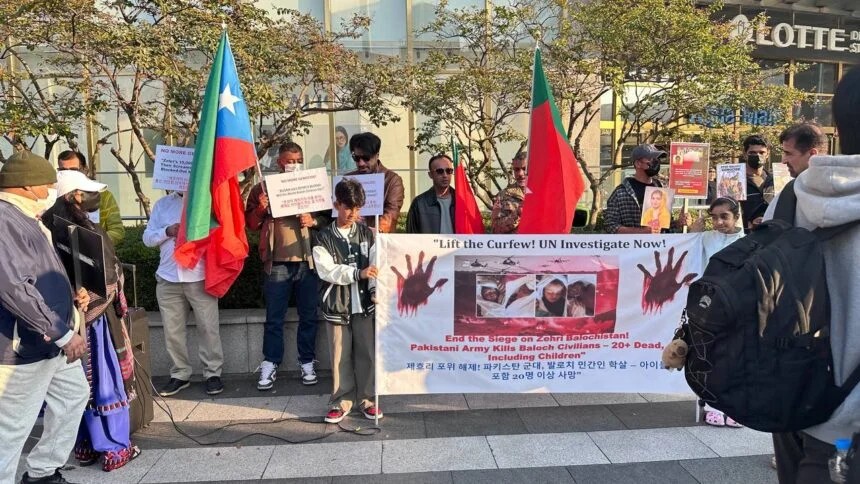Singapore’s Ministry of Foreign Affairs stated that Wong and Xi discussed regional and international issues, including developments in the Taiwan Strait…reports Asian Lite News
Singapore’s Prime Minister Lawrence Wong reaffirmed the country’s “One China” policy during talks with Chinese leader Xi Jinping on the sidelines of the 31st APEC Economic Leaders’ Meeting on Friday, Taiwan News reported on Monday.
Singapore’s Ministry of Foreign Affairs stated that Wong and Xi discussed regional and international issues, including developments in the Taiwan Strait. According to the ministry, “Singapore has a clear and consistent ‘One China’ policy and is opposed to Taiwan independence,” as quoted by Taiwan News.
China’s state-run Xinhua News Agency cited Wong as emphasising the mutually beneficial nature of Singapore-China relations, which are based on respect and trust. It reported that Wong said, “His country fully understands the Chinese government’s position on the Taiwan question, opposes any form of ‘Taiwan independence,’ and firmly abides by the One China principle.”
The Taiwanese Ministry of Foreign Affairs (MOFA) condemned China for using APEC and other international forums to “spread falsehoods that belittle Taiwan’s sovereignty” and mislead international public opinion. The ministry disputed Beijing’s interpretation of Wong’s remarks on Taiwan.
After confirming with Singapore, MOFA stated that Wong did not use the specific language reported by China. The ministry urged the international community to denounce “China’s unilateral and deliberate bullying practices that undermine regional peace and stability,” as reported by Taiwan News.
China has heightened its military activity around Taiwan since September 2020, deploying aircraft and naval vessels and employing grey zone tactics to achieve its security objectives.
Meanwhile, Japan views Taiwan’s existence as “very, very important,” according to Japan-Taiwan Exchange Association Chief Representative Kazuyuki Katayama in an interview with Liberty Times (Taipei Times).
Katayama underscored the strategic and economic importance of the Taiwan-Japan relationship, highlighting shared values such as democracy, human rights, and the rule of law. He noted strong economic ties between the two nations, particularly in agricultural and animal husbandry trade. Taiwan has eased restrictions on Japanese agricultural products, while Japan has recently started importing Taiwan-raised brown-marbled grouper and pitaya. (ANI)


